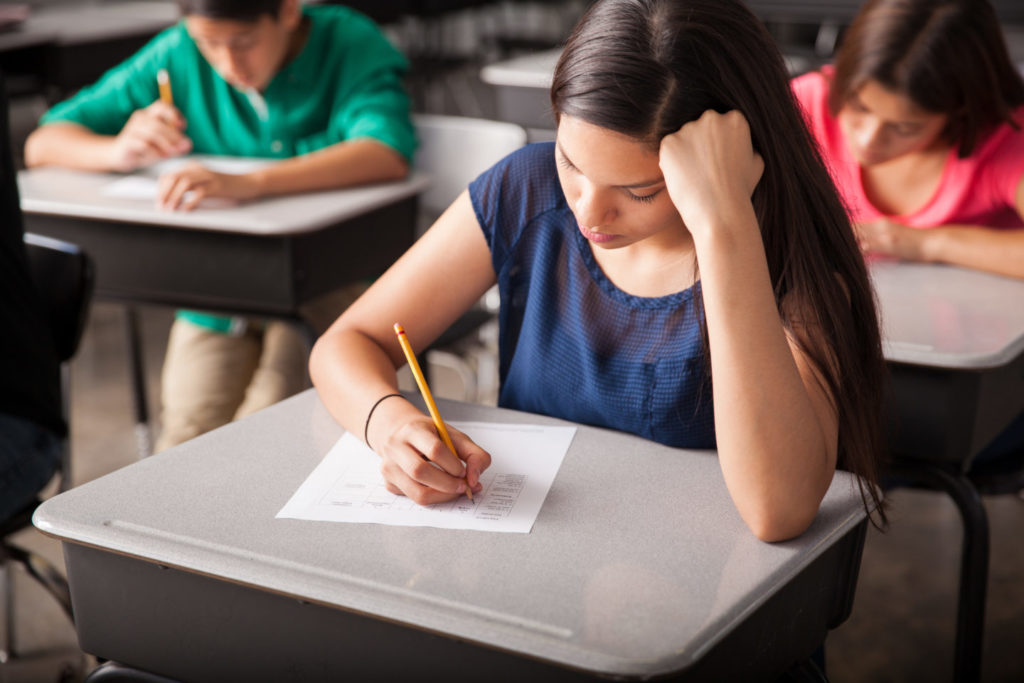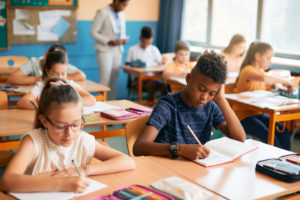‘Evidence of backsliding’: Students’ math and reading scores aren’t bouncing back from school closures
(Daily Caller News Foundation) – Students’ academic recovery following the COVID-19 pandemic has stalled despite efforts to make up for the learning loss, according to a Tuesday…

(Daily Caller News Foundation) – Students’ academic recovery following the COVID-19 pandemic has stalled despite efforts to make up for the learning loss, according to a Tuesday report.
Students on average need more than four extra months in school in order to catch up to grade-level expectations, according to a report by NWEA, a nonprofit organization that provides Pre-K-12 assessment data. The report showed that, on average, students’ math and reading scores are growing slower than they were before the COVID-19 pandemic.
“We are actually seeing evidence of backsliding,” Karyn Lewis, a lead researcher on the study, told The New York Times.
While most students need at least four additional months of class time, incoming ninth graders need at least an approximate full extra year of lessons, the report showed. The report notes that of all students, first, second and third graders were the only grade levels who made above-average gains in learning recovery.
The NWEA report is in line with previous data that show students suffered major learning loss following the COVID-19 pandemic; in 2022, 13% of eighth graders tested proficiently in history while civics test scores dropped for the first time ever, according to the Nation’s Report Card. Reading levels in K-12 schools in 2022 dropped to levels last seen in the 1990s.
K-12 school districts that remained remote the longest rather than returning to in-person learning saw a 13% sharper drop in learning loss.
“The recovery effort has been undersized from the very beginning,” Tom Kane, a Harvard economist, told the NYT. “We have seen examples of programs that were making a difference for students, but none have been at the scale or intensity required.”



